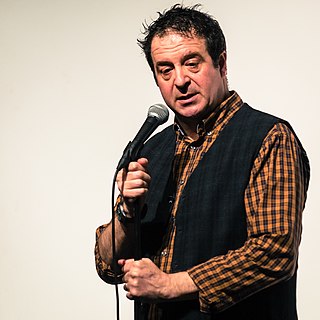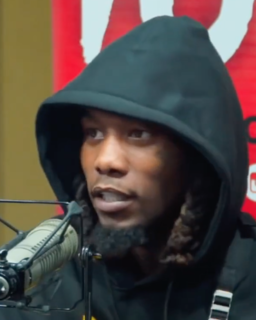A Quote by Jonathan Haidt
The word religion literally means, in Latin, to link or bind together; and despite the vast variation in the world's religions, Wilson shows that religions always serve to coordinate and orient people's behavior toward each other and toward the group as a whole, sometimes for the purpose of competing with other groups.
Related Quotes
All religions are not the same. All religions do not point to God. All religions do not say that all religions are the same. At the heart of every religion is an uncompromising commitment to a particular way of defining who God is or is not and accordingly, of defining life's purpose.
Anyone who claims that all religions are the same betrays not only an ignorance of all religions but also a caricatured view of even the best-known ones. Every religion at its core is exclusive.
In the mystic traditions of the different religions we have a remarkable unity of spirit. Whatever religion they may profess, they are spiritual kinsmen. While the different religions in their historic forms bind us to limited groups and militate against the development of loyalty to the world community, the mystics have already stood for the fellowship of humanity in harmony with the spirit of the mystics of ages gone by.
True religion has a universal quality. It does not find fault with other religions. False religions will find fault with other religions; they will say that theirs is the only valid religion and their prophet is the only saviour. But a true religion will feel that all the prophets are saviours of mankind.
We are all healers of each other. Look at David Spiegel's fascinating study of putting people together in a support group and seeking that some people in it live twice as long as other people who are not in a support group. I asked David what went on in those groups and he said that people just cared about each other. Nothing big, no deep psychological stuff-people just cared about each other. The reality is that healing happens between people.
A lot of groups, they get put together. But we don't even think of each other as a group. I don't think I'm in a group with two other guys, where I don't know their moms and their grandmas, their aunties, and I don't know where they came from. This is my immediate family. These are the only people I know. That's why we be around each other so much.





































